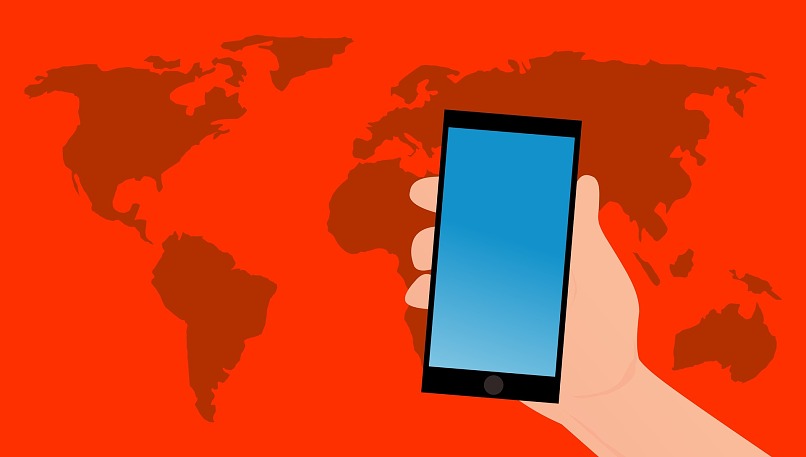Android Users to Be Warned About Unknown Bluetooth Trackers

Google is introducing a new safety feature called “unknown tracker alerts” for Android users, which was initially announced in May. With this feature, Android users will now be automatically alerted if unknown Bluetooth trackers are detected by their device. If a tracker is detected, they will be guided through the next steps to address the situation.
Presently, the feature only supports Apple AirTags, but Google plans to expand its compatibility with other popular Bluetooth trackers.
This move comes as a response to concerns about the misuse of Bluetooth trackers, including reports of stalking. In May, Apple and Google announced their collaboration on developing an industry-wide specification to address unwanted tracking from Bluetooth devices, expected to be finalized by the end of the year.
Google decided to implement this custom alert feature early to protect Android users. Meanwhile, Apple will wait for the joint specification and won’t roll out its custom implementation in the meantime.
Users will receive notifications with a map displaying the tracker’s location, making it easy to find the device. It’s possible to view the tracker’s travel history on a map and make the tracker emit a sound without the owner’s knowledge. When a device is found, users can bring it near the back of their phone to gather more information, such as the serial number or the last four digits of the owner’s phone number.
Users can also manually initiate a 10-second scan through Android Settings under “Safety & Emergency” by selecting “Unknown tracker alerts” and tapping “Scan Now.” Guidance on what to do if a tracker is found is also provided.
Google had plans to update its Find My Device network to allow users to locate missing items using third-party Bluetooth tracker tags from companies like Tile, Chipolo, and Pebblebee. The feature was also planned to support audio devices like Pixel Buds and headphones from Sony and JBL. This update is currently on hold due to Google’s collaboration with Apple on the joint unwanted tracker alert specification.
The rollout of “unknown tracker alerts” is part of a Google Play services update, available for Android 6.0 and above devices in the coming weeks.



Please, comment on how to improve this article. Your feedback matters!